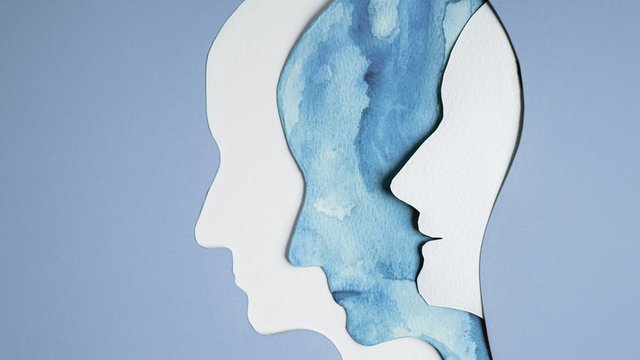
What is emotional attachment?
Edited on Dec. 20, 2023

Attachment is an emotional bond established during the early years of life between a baby and their caregivers. The main function of attachment is to provide security to the child in situations of insecurity, threat, relationships with others, or exploring their surroundings.
These early attachment experiences and relationships influence the way we perceive the world and ourselves.
If you want to learn tools to help people in the psychological field, the degree in Psychology in Madrid or the degree in Psychology in Valencia will prepare you to face all the challenges in your professional path.
Types of Emotional Attachment
There are different styles of attachment, and this is not fixed; it can be repaired or changed. All relationships occurring from birth to adulthood shape behaviour over time. How an individual forms connection can evolve and will depend on the work done in therapy. Here are the existing types of attachment:
Secure Attachment
Secure attachment is characterised by an unconditional feeling; the child knows their caregiver won’t fail them. Individuals with secure attachment display very active behaviour and interact confidently with their environment.
Anxious and Ambivalent Attachment
In this type of attachment, the child doesn’t trust their caregivers. The term "ambivalent" means expressing conflicting feelings, which generally causes a lot of distress. In adults, this attachment leads to a fear that their partner, for example, doesn’t truly care for them.
Avoidant Attachment
These are children who believe they can't rely on their caregivers, causing distress. This reflects, for example, in not crying when separated from their parents or avoiding close contact. In adults, this translates to difficulties in relationships and feelings of rejection towards intimacy with others.
Disorganised Attachment
This variant is a mix of avoidant and anxious attachment. The child grows up in a somewhat hostile environment, causing a significant imbalance in the individual.
Causes of Emotional Attachment
The causes of emotional attachment can be diverse, usually developing during the early stages of life and influenced by interactions and care received during childhood. Here are some factors contributing to emotional attachment:
- Early upbringing: It's about how caregivers meet a child's emotional needs during their early years, such as a loving, friendly, and secure environment promoting secure attachment. Any situation of abuse, inconsistency, or negative environment favours the development of insecure attachment.
- Traumatic experiences: These are specific cases involving traumatic experiences like abandonment, violence, or abuse. All of these can generate avoidant or anxious attachment as a defence mechanism against potential emotional harm.
- Experiencing loss or separation at an early age: A child suffering an early loss of a significant person in their family, be it separation or death, might develop a fear of potential abandonment, leading to emotional attachment in future relationships.
Attachment Therapy Treatment
The applied treatment depends on the dysfunctionality and intensity of the bond. Here are the most common ones:
- Individual therapy: Focuses on strengthening emotional autonomy and self-esteem.
- Family or couple therapy: Centred on conflict resolution, improved communication, and emotional security within the couple or family.
- Support groups: Offer support, understanding, and assistance in facing situations based on the experiences of others.
Psychology is a branch of health that helps individuals deal with situations they might not be able to tackle alone. The Psychology Degree at Universidad Europea will equip you with tools to work with patients and solve their problems.
Article published on May 26, 2023